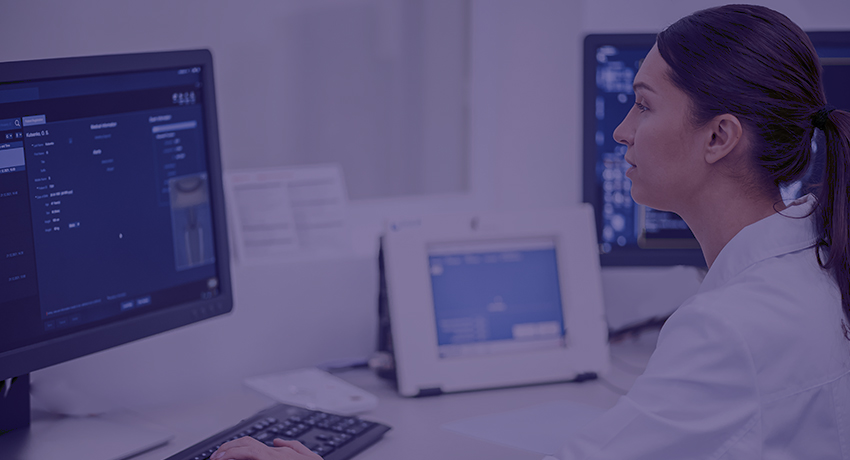Medical coding training equips individuals to accurately document medical services using coding systems for insurance reimbursement.
Medical coding training is a course of study designed to teach individuals how to use coding systems to document medical services and procedures. The training program typically covers topics such as medical terminology, anatomy and physiology, coding systems, medical claims processing, and legal and ethical considerations. The goal of medical coding training is to prepare students to accurately code medical services and procedures so that they can be properly reimbursed by insurance companies.
This course involves the transformation of healthcare diagnosis, procedures, medical services, and equipment into universal medical alphanumeric codes.

Understanding these basics equips individuals to accurately code medical information, ensuring proper documentation and billing within healthcare settings.

